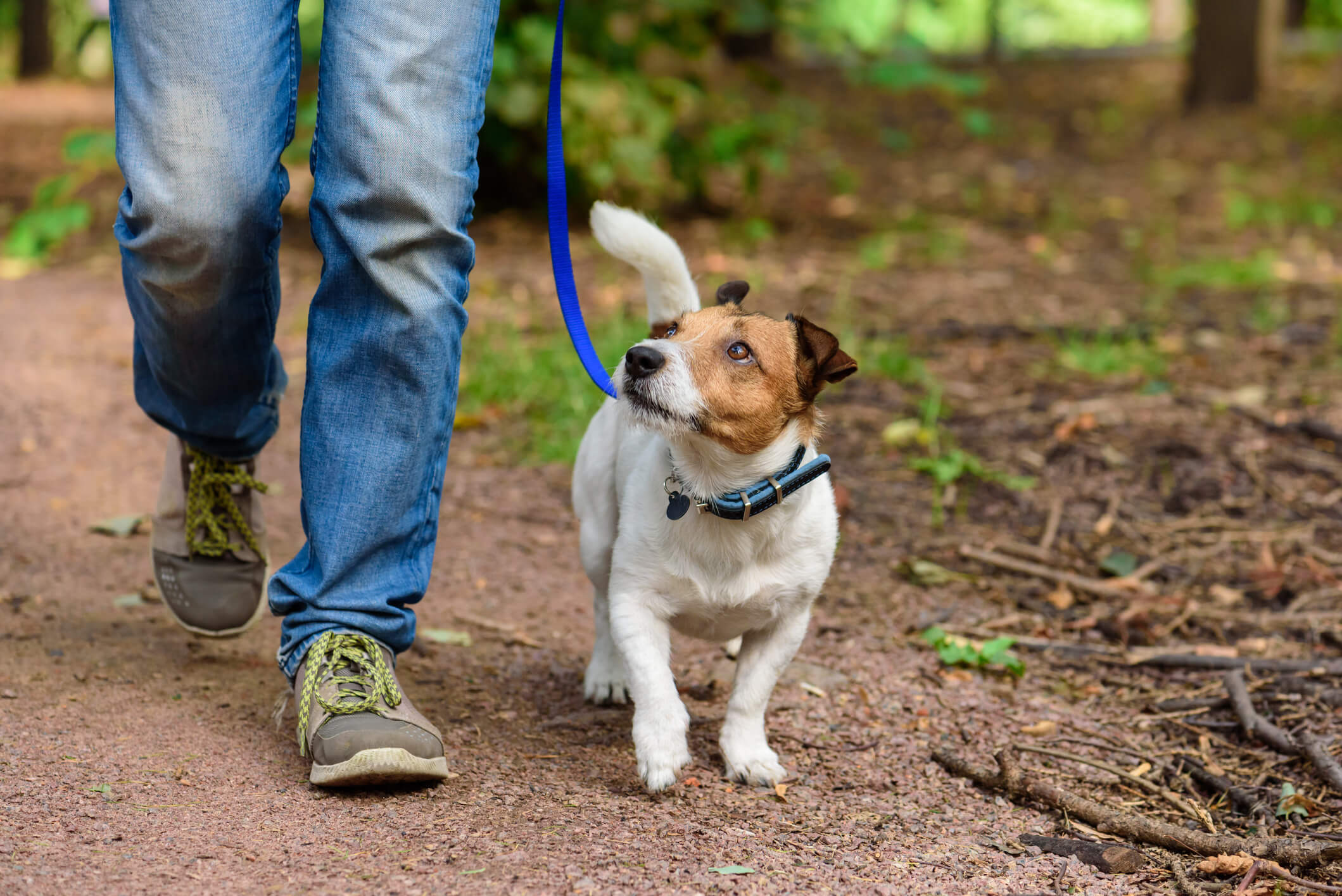
Can You Prevent Your Dog from Getting Worms?
Parasitic worms live in every part of the world and are all too easy for pets to contract. However, it’s just as easy to prevent the spread from one animal to the next. A little bit of preventative care is all it takes to keep your pup worm-free and limit community spread.
Types of worms to watch out for
Intestinal worms are parasites that infiltrate your dog’s digestive tract. They’re very small but are still visible to the eye, usually measuring an eighth of an inch. Worms latch onto the dog’s intestinal wall and feed off nutrients and blood supply.
Intestinal worms create symptoms affecting the digestive tract, including the following:
- Indigestion, vomiting or diarrhea
- Bloody stool that’s bright red or dark purple
- Worm segments in the dog’s stool
- Loss of appetite and resulting weight loss
- Secondary problems like anemia or pneumonia
The four most common types of intestinal worms are roundworms, tapeworms, hookworms and whipworms. Roundworms are often seen among newborn pups if the mother became infected during pregnancy. Since roundworms can be passed to offspring, it’s vital that female dogs expecting a litter are given a preventive treatment plan.
Tapeworms are often passed from fleas to dogs. Fleas carry the eggs until they land on a host, at which point the dog will lick the part of their body infested with fleas. Once the fleas are ingested, the tapeworm eggs will hatch and fully mature into adults. Sometimes, dogs pass tapeworm segments in their stool that look like grains of rice.
Hookworms often cause anemia because, although they’re small, these parasites consume large amounts of blood in the intestinal tract. As a result, anemic dogs usually appear lethargic and resist the owner’s attempts to play. Hookworms are especially dangerous because they can survive in contaminated soil for months, and it’s possible for dogs to pass the parasite on to humans.
Whipworms are transmitted via stool, contaminated soil or infected animals. Dogs can contract the parasite when they inspect another animal’s feces, lick soil off their paws or hunt rodents. Whipworms are more difficult to diagnose than other types of worms because the eggs sometimes go undetected in stool testing.

Tips for preventing intestinal worms
Intestinal worms are quite common, but there are lots of things you can do to help prevent them. Follow these steps to keep your pup healthy and stop the spread of worms:
- Pick up your dog’s poop: Dogs can carry worms for a long time before they start to exhibit symptoms. Their feces could potentially contaminate soil with hundreds of eggs without your knowledge. Protect the health of other dogs in your community by picking up after your dog right away. This reduces the level of contamination and prevents other dogs from sniffing infected poop. At the same time, keep your dog away from other animal’s feces that might be found outside. As often as possible, prevent them from sniffing, touching or licking it to avoid potential contaminants.
- Visit sanitary parks and trails: Walk your dog in public spaces that are cleaned on a regular basis and have minimal contamination. Your vet will be familiar with the local risk of worms and can recommend the safest dog parks and walking paths. On that note, avoid heavily wooded areas and underbrush that’s likely breeding ground for infected fleas.
- Administer year-round treatment plans: Preventative treatment is a must for all dogs, regardless of how much or little time they spend outdoors. Although summer is high season for intestinal worms, vets recommend administering worm treatments throughout the year so your pup is fully protected from infection. Dogs should also receive flea treatments, since they’re responsible for transmitting tapeworm eggs.
- Ask the vet about stool testing: Stool testing is an important part of your dog’s annual checkup. The vet will collect a fecal sample and test it for worms. This procedure allows vets to detect the presence of worms before your dog develops symptoms. Early detection minimizes your dog’s discomfort and the chance of medical complications.
- Teach your family good hygiene: Humans are at risk for contracting intestinal worms, too. If your dog has worms, the backyard soil will become contaminated every time they relieve themselves. Keep your family safe by asking everyone to wash their hands after handling dog poop or playing in the yard. Don’t forget to scrub up right before meals!
Worms can pose a threat to a pup’s health, but not when their loving owners take the necessary steps to eliminate the risk. By protecting your dog from intestinal worms, you’re also limiting the spread in your local community. Every pet parent must do their part to keep those pesky parasites away for good!


